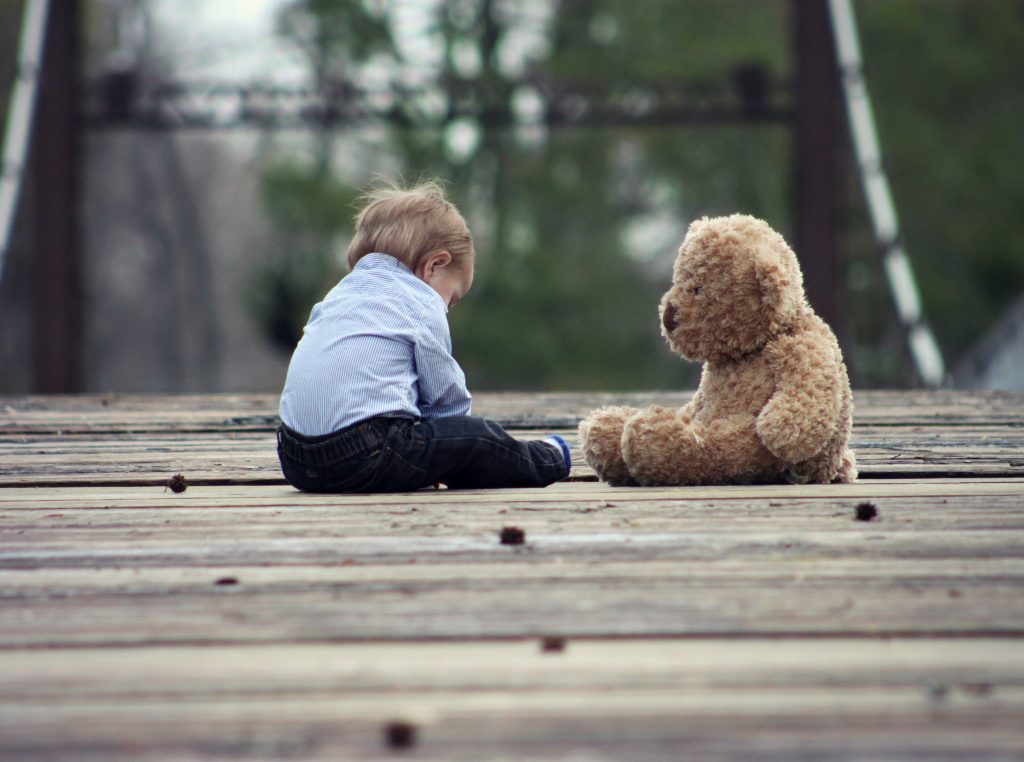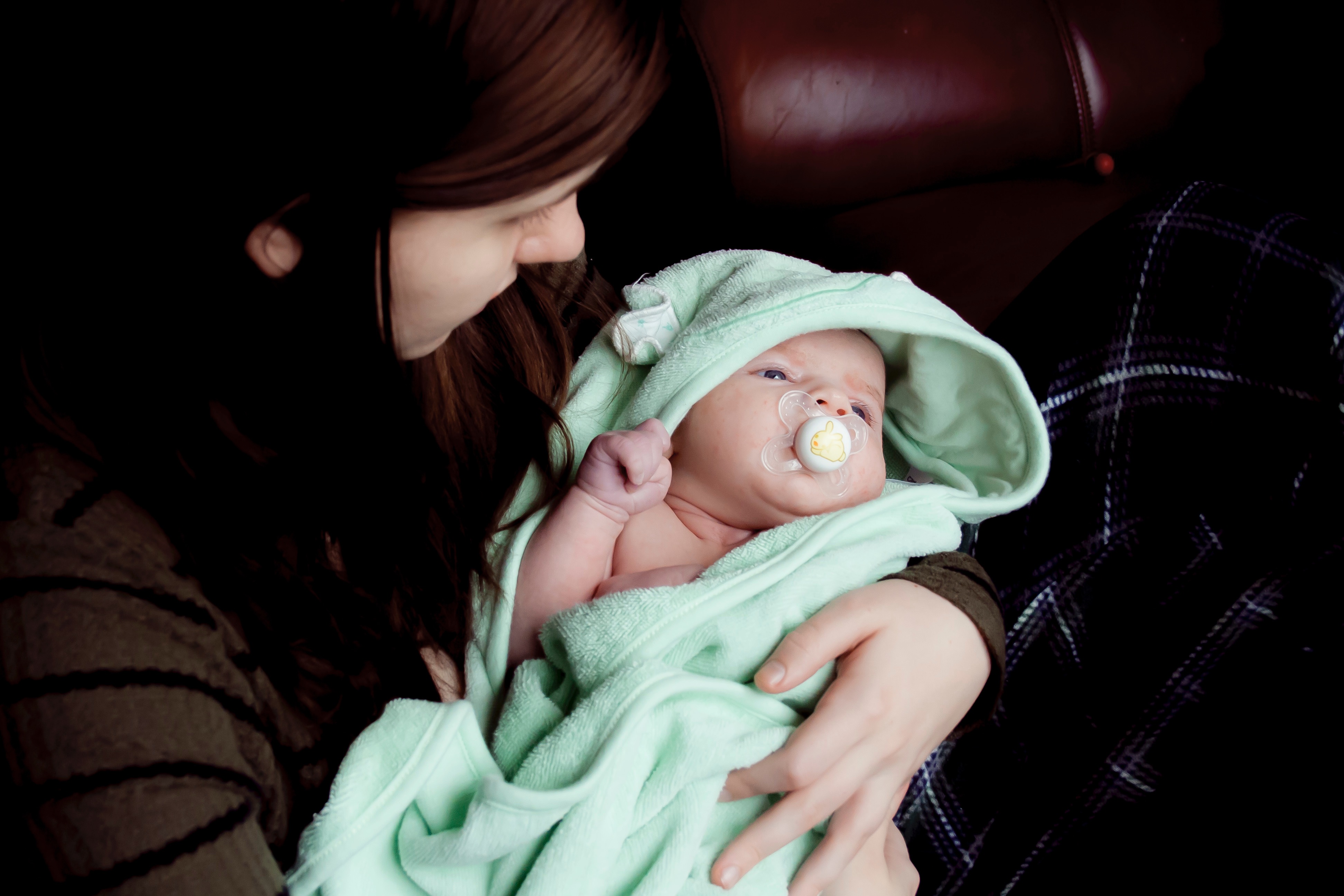A High Court judge has ruled benefits caps on single parents with children under two are unlawful, adding they “cause real misery without good purpose”.
Handing down the ruling, Mr Justice Collins stated: “The evidence shows the cap is capable of real damage to individuals such as the claimants.
“They are not work-shy but find it, because of the care difficulties, impossible to comply with the work requirement.”
He added that the caps, which are estimated to effect roughly 26,000 lone parents, “obviously” exacerbated poverty.
Wait, How Does the Benefit Cap Work?
 Image Credit: Pexels
Image Credit: Pexels
The Benefit Cap was introduced as policy in 2012 by David Cameron’s Conservative Government, coming into effect in 2013. The Welfare Reform Act (the piece of legislation that made it law) was later amended in by the Welfare Reform and Work Act and the Benefit Cap Regulations.
In practice, the scheme limits the amount households can receive in benefits from the state, unless they are working at least 16 hours a week. Outside of London, this works out at £20,000 a year, and £23,000 for people living in Greater London.
It takes into account the total amount of benefits received in any household – so you, your partner, and any children – and covers a range of benefits such as Child Tax Credits, Child Benefits, Housing Benefit and Maternity Allowance. Some benefits are excluded from the scheme, such as the Carer’s Allowance and Disability Living Allowance.
The Benefit Cap was intended as an incentive for unemployed people to move into work and secure the economic wellbeing of the country. At the time, Prime Minister David Cameron said it was a “basic issue of fairness”, and claimed it was successful in encouraging families back to work.
So, How is This About Human Rights?
 Image: Pexels
Image: Pexels
The recent challenge to the policy was brought to court by four lone parents, all with children under the age of two. They claimed to have been particularly affected by the cap as they weren’t reasonably able to work, especially as free childcare is only available in some circumstances for those with children aged between 2 and 4.
The case looked at Article 1 of Protocol 1 to the Human Rights Convention, and Article 14. Article 1, Protocol 1, looks at the right to “peaceful enjoyment of property”. This doesn’t just cover physical property like a house or a car, it also covers things like money in the bank, a pension, or, indeed, benefits. Article 1, Protocol 1, was therefore engaged by the Benefit Cap policy, and as a result so was Article 14 of the Convention. Article 14 covers the right not to be discriminated against – essentially, that people in similar situations should not be treated differently unless there is a reasonable justification to do so.
As well as the Human Rights Convention, the Convention of the Rights of Children also comes into play, which states:
In all actions concerning children… the best interests of the child shall be a primary consideration.
The court decided that there had been no proper response from the Government about concerns as to how the cuts would affect children, other than the fact having parents in work would be an advantage. Benefits covered by the cap also included ones designed to help children.
The judge ruled that Article 14 of the Human Rights Convention (freedom from discrimination) was applicable and there was no justification for the differential treatment of lone parents in the Benefit Cap policy. There had been a failure to apply the best interests of the child, meaning parents would have restrictions on being able to afford housing, food and other things that should be available to the average child.
Okay, What Have People Said About the Ruling?
There’s been a mixed response to the ruling. David Gauke, Work and Pensions Secretary, indicated that the Government would immediately launch an appeal of the High Court decision.
A spokesman from his department stated: “We are disappointed with the decision and intend to appeal. Work is the best way to raise living standards, and many parents with young children are employed. The Benefit Cap incentivises work, even if it’s part-time, as anyone eligible for working tax credits or the equivalent under Universal Credit, is exempt.”
#BenefitCap: Read @alisongcpag‘s response to the Govt’s defeat in the High Court. pic.twitter.com/ZQJOp1HCqx
— Child Poverty Action (@CPAGUK) June 22, 2017
However, Jeremy Corbyn, leader of the Labour Party, slammed the policy as a “failure of austerity”, adding it was “discrimination” against women and children. Charities including Shelter and the Child Poverty Action Group also welcomed the ruling.
Read the High Court’s decision in full here.
Want to know more about your human rights?
- Read our previous piece on how benefit cuts were condemned by a UN committee
- See this opinion piece on how knowing our rights can end poverty
- Explore our resources on what are rights are







